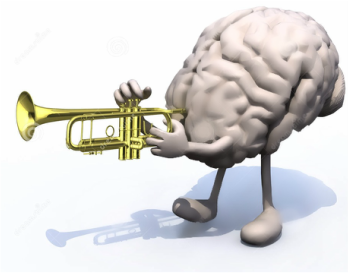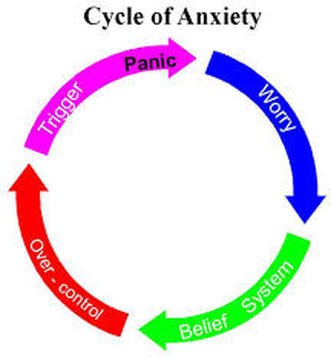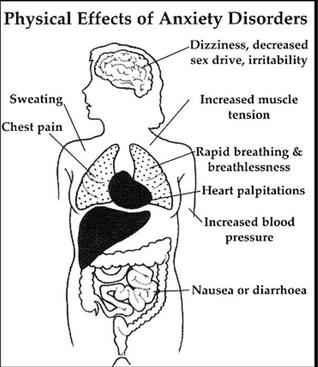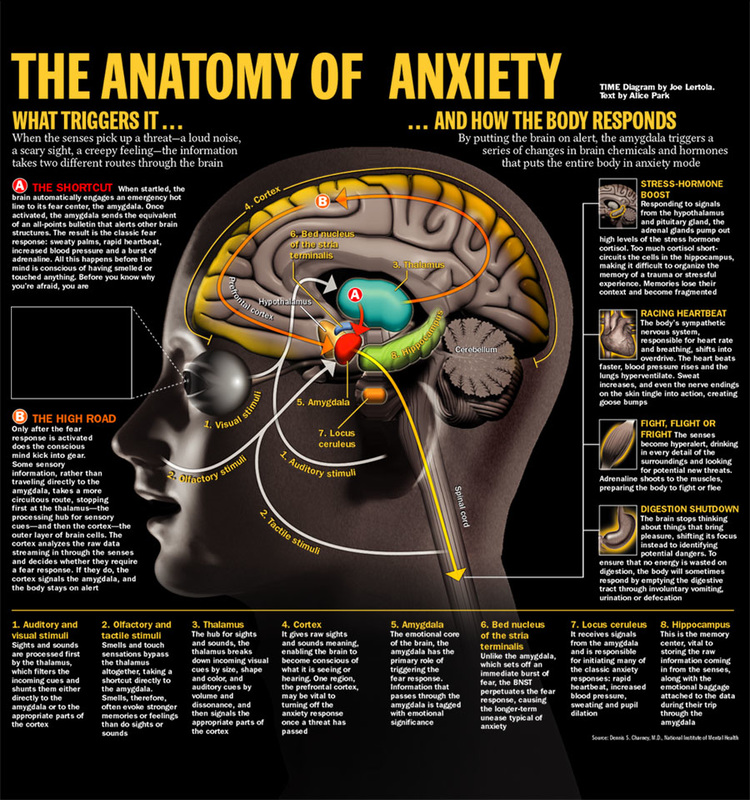Stage fright and performance anxiety for trumpet players, brass players and other musicians.4/11/2015
F.E.A.R. False Evidence Appearing Real* Fear is related to escape and avoidance. * Fear occurs in the presence of an observed threat that is unfamiliar and the solution of the threat is unknown. * The threat can be physical or emotional. * When fear is not worked through, it remains in the subconscious and may manifest into anxiety. * When fear becomes excessive and dominates the consciousness, it can be anxiety. What can be done to decrease performance anxiety? When faced with a performance situation, there may be a tendency for an individual to experience fear because positive memories are not dominant or do not yet exist. The focus of the performance may be about what could go wrong rather than experiencing the actual performance itself. You may have thoughts such as “what if I make a mistake?” what will people think of me? Will I miss that note?” One may experience self-doubt which includes negative self-talk. Other examples of negative self-talk are: “You can’t play this”, “you’re going to mess up and everyone will know.” Negative self-talk is often experienced before a performance and is based on False Evidence. These thoughts are taking up space in your unconscious mind, not contributing to your well being, and need to be evicted. 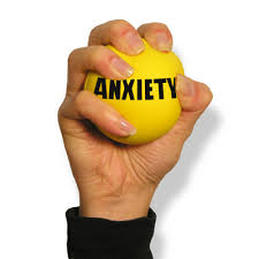 Ask yourself these questions: * What really happens if you’re not perfect? * Does any one get injured as a result? * Are your expectations actually measurable? * Are these your expectations yours or someone else’s? * How do your negative thoughts help you? * Do you become tense before a performance? * How would you like to feel different than you do? Mindfulness: Be aware of your physical responses to anxiety. Be aware of negative self talk. Write down both involuntary physical responses and negative self talk. Physical Responses: Acknowledge the physical responses and practice relaxation techniques such as deep breathing. Slowly inhale through the nose and slowly breathe out through the mouth. Practice keeping the air as steady as possible when breathing out. Notice the tension on your shoulders, neck and face start to diminish. Having a relaxed neck and throat is crucial in playing the trumpet. When playing trumpet or other brass instrument, it may be helpful to play as softly as possibly on lower notes while focusing only on the steadiness of the air. Negative self talk: Question the validity of the negative self talk. Are the negative things your saying about yourself actually true? What positive thoughts will you use to replace the negative thoughts. These negative thoughts serve no purpose and must be re-framed. Click image below to enlarge Disclaimer: This is blog entry is not for the purpose of diagnosis or treatment of a medical condition. Please consult your physician if you experience a more serious condition or symptoms.
|
Archives
April 2020
Mark ZaussTrumpet player, Licensed clinical psychotherapist. Categories
All
|
